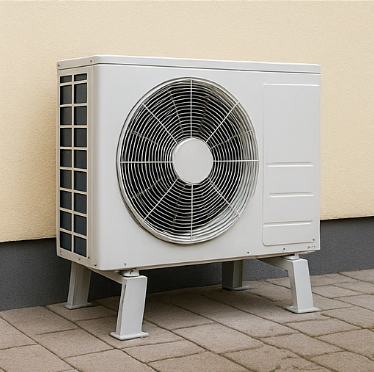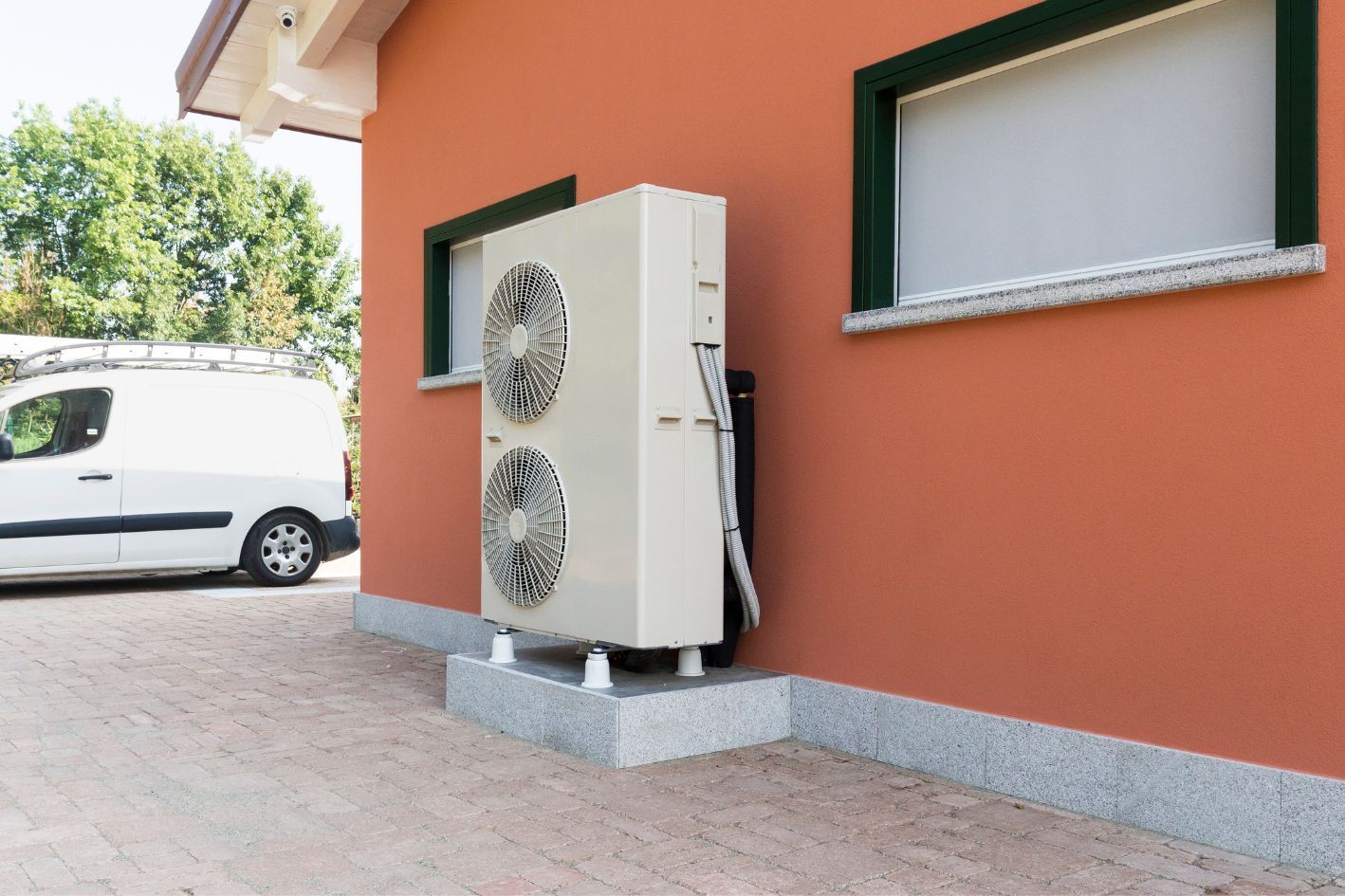Air Source Heat Pumps in Community Centres: Serving the Public Efficiently
Community Centre Air Source Heat Pumps: Effectively Serving the Public
The system you choose to heat your home significantly impacts the air you breathe indoors. Traditional combustion-based heating methods like gas furnaces and wood stoves produce byproducts that can compromise indoor air quality. In contrast, air source heat pumps operate using electricity to transfer heat rather than generating it through combustion, eliminating these harmful emissions at the source.
Reduced Airborne Contaminants
Heat pump systems contribute to cleaner indoor air by reducing the introduction of combustion-related pollutants such as carbon monoxide, nitrogen dioxide, and particulate matter. This makes
air source heat pumps particularly valuable for households with members who have respiratory conditions like asthma or allergies. The absence of open flames also means no risk of incomplete combustion, which can release dangerous carbon monoxide into your living space.
Improved Humidity Control
Proper
humidity management is essential for maintaining healthy
indoor air quality.
Modern air source heat pumps with built-in humidity control features help maintain optimal moisture levels in your home. This balanced humidity prevents the growth of mould and dust mites, which thrive in environments that are too damp. Conversely, it also prevents the dry air issues common with conventional heating systems that can lead to respiratory irritation and static electricity.
Consistent Air Filtration
Many
heat pump installations include advanced filtration systems that continuously clean your home's air as they operate. These filters capture airborne particles, including dust, pollen, and pet dander. The most sophisticated
heat pump models feature HEPA-grade filtration that can remove particles as small as 0.3 microns, ensuring remarkably clean air throughout your home.
Fresh Air Exchange Options
Advanced
air source heat pump systems can be paired with heat recovery ventilators that introduce fresh outdoor air while retaining thermal energy. This controlled ventilation removes stale indoor air and its associated pollutants while maintaining energy efficiency—something traditional heating systems cannot achieve without significant heat loss.
By
choosing an air source heat pump, you're investing not just in efficient heating but in the health and comfort of everyone in your home through superior
air quality.












